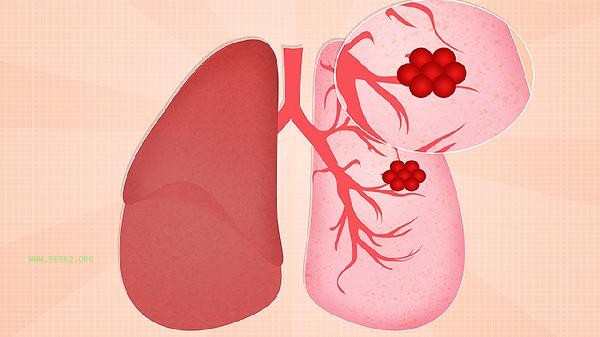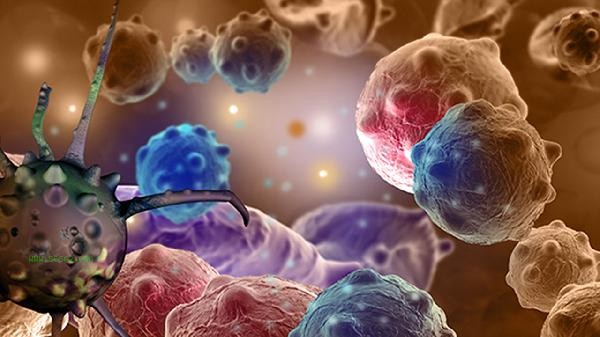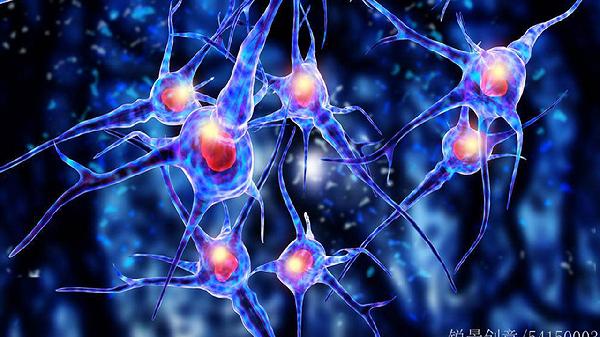Fasting usually takes 12-16 hours to initiate basal cell autophagy, while deep autophagy needs to last for more than 48 hours. The initiation time of cellular autophagy is influenced by factors such as metabolic levels, individual differences, exercise status, nutritional reserves, and hormone regulation.

1. People with high basal metabolic rate may trigger autophagy faster due to faster energy consumption, which accelerates the breakdown of old cells in the body. Long term intermittent fasting individuals are more likely to activate this mechanism than first-time attempts, which is related to mitochondrial functional adaptation. Maintaining a regular daily routine helps stabilize the metabolic rhythm.
2. Individual Differences
Individuals with higher body fat percentage have a relatively delayed initiation of autophagy, and adipose tissue can provide sustained energy supply. Aging can lead to a decrease in autophagy efficiency, and elderly people may need to extend their fasting time. It is recommended that individuals with insulin resistance undergo fasting under the supervision of a doctor.
3. Exercise state
Moderate exercise can promote autophagy initiation, and high-intensity interval training can significantly increase the expression of autophagy markers. However, excessive exercise may cause muscle breakdown, and it is recommended to engage in low-intensity activities such as brisk walking and yoga in conjunction with fasting. 4-6 hours after exercise is the peak period of autophagy activity.
4. Nutritional Reserve

The amount of liver glycogen reserves directly affects the speed of autophagy initiation, and individuals on a low-carbon diet may enter autophagy prematurely. supplementing electrolytes can alleviate discomfort symptoms during the early stages of fasting, but it is necessary to avoid sugary drinks that interrupt the metabolic conversion process. Vitamin B family helps with energy metabolism conversion.
5. Hormone regulation
Growth hormone significantly increases after fasting for 18 hours and can enhance autophagy activity. High levels of cortisol can inhibit autophagy and require methods such as meditation to alleviate stress. The luteal phase of the female menstrual cycle is more suitable for short-term fasting.
It is recommended to gradually adapt to fasting starting from a 12 hour light fasting period to avoid sudden prolonged fasting leading to hypoglycemia. During fasting, the daily water intake should not be less than 2000 milliliters, and a small amount of sea salt can be added to maintain electrolyte balance. During the refeeding stage, priority should be given to easily digestible proteins and fermented foods, while controlling the rate of carbohydrate intake. Individuals with combined chronic diseases or taking medication must develop a fasting plan under the guidance of a doctor. Pregnant women and adolescents should not undergo strict fasting. Regular monitoring of body fat percentage, blood glucose, and other indicators, combined with resistance training, can optimize autophagy efficacy.









Comments (0)
Leave a Comment
No comments yet
Be the first to share your thoughts!